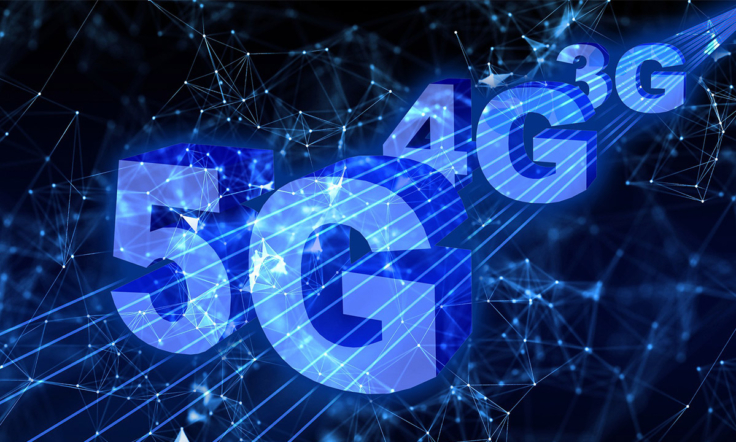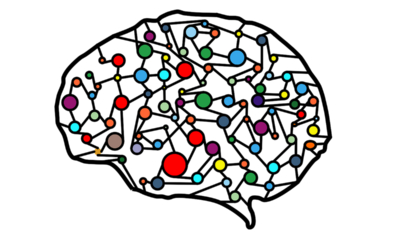
What is 5G?
5G is the next generation wireless network technology that is expected to seriously affect the way people live and work. 5G is the fifth generation of cellular technology. It is designed to increase the speed of wireless services, reduce latency, and improve flexibility.
Advantages of 5G over 4G
Speed Increase
Each new generation of wireless networks has shown a significant increase in speed. The advantages of 5G, the fifth-generation cellular network technology, will go far beyond 4G LTE in terms of speed.
The speeds will increase up to an estimated 10 Gbps, which means up to 100 times increase compared to 4G. In practical terms, 4G versus 5G speed improvements will mean quite exciting possibilities for consumers. High speed will have an extremely high impact on users in terms of time savings. For example, transferring a high-resolution movie at the highest download speeds will drop from 7 minutes to 6 seconds.
Low Latency Time
Latency specifies the time it takes for a signal to return from its source to its receiver, and then from its receiver to its source. One of the primary goals of every new wireless generation has been to reduce latency. Next generation 5G networks will have lower latency even than 4G LTE, with round trip data transmission of less than five milliseconds.
With 5G latency time shorter than human visual processing time, devices can be remotely controlled in near real time. Human response speed will become the limiting factor for remotely controlled applications using 5G and IoT, and many new applications will include machine-to-machine communication that is not limited by human response time.
While agriculture, production and logistics will benefit from low latency, players are eagerly awaiting the launch of 5G.
Enhanced Capacity
5G will offer a thousand times more capacity than 4G and will create a fertile ground for IoT development. 5G and IoT are a perfect match that redefines how wireless networks and the internet as a whole are used. With the capacity of hundreds or even thousands of devices that communicate seamlessly thanks to 5G, new applications will evolve for cities, factories, farms, schools and homes.
Smart homes and cities will show great improvement with the spread of 5G.
From smart homes that provide personalized energy-saving suggestions that maximize environmental impact, to traffic lights that change their layout according to traffic flow, 5G applications based on advanced network capacity will be possible.
Increased Bandwidth
The combination of increased speed and network capacity in 5G networks will create the potential to transmit greater amounts of data than is possible in 4G LTE networks.
5G networks are designed differently than traditional 4G networks. This design will allow for further optimization of network traffic and seamless handling of usage increases. The impact of increased bandwidth for businesses will reverberate in many departments and departments in the form of big data. Today, companies receive much more information from customers, suppliers and teams than they can process and analyze for forward-looking insights. With 5G connectivity and big data analytics, these businesses will be able to transform large volumes of data into action and information.
Disadvantages of 5G
While 5G technology has been researched and conceptualized to solve all radio signal problems and challenges of the mobile world, it has some disadvantages due to security reasons and lack of technological advancement in most of the geographic regions. These disadvantages are given below.5G equipment costs are high. In addition, engineers with the necessary skills are required to establish the network. These reasons increase the cost of 5G distribution and maintenance phases.
- Since 5G technology is not widespread yet, researches are still ongoing and the problems that may arise with its widespread use are not yet known.
- Since 5G is a newly developing technology, the sales prices of technological products produced in compliance with 5G are expensive. For this reason, it will take time for everyone to start using 5G compatible devices.
- Data security and privacy issues have not yet been resolved in 5G.
- The speed of 5G technology seems difficult to achieve at the moment due to inadequate technology in most parts of the world.





